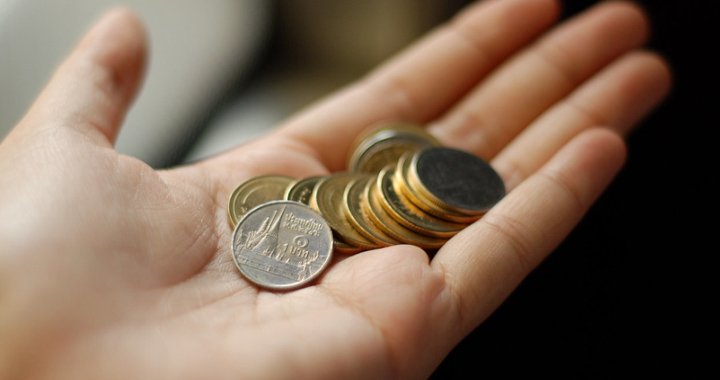Thais are spending less than usual, according to a recent poll by Suan Dusit Rajabhat University. The poll asked 1,174 people about their spending habits, of which around 70% stated they’ve cut back on leisure spending, around 40% said they are cooking at home more, around 23% plan their budgets, around 21% try to buy only at sales and around 20% are taking on extra jobs.
When asked about how they are saving on food, clothing, accommodation and healthcare, the participants gave further insights into their budget strategies.
Regarding food, around 63% said they are eating out less and trying to cook at home more, 38% said they are limiting meal costs, and around 24% said they are only eating as much as necessary and storing leftovers for later consumption.
Regarding accommodation, around 66% said they try to use the minimum water and electricity, around 39% perform home maintenance themselves, and around 16% rent or share cheap accommodation.
[dm]
Regarding clothing, around 54% said they shop less and try to buy clothes only during sales, around 40% said they try to make their clothes last longer or share clothes with others, and around 17% said they wear used clothes.
Regarding healthcare, around 60% said they do frequent exercise and get annual check ups, around 33% said they rely on welfare or social security, and around 28% said they eat a balanced diet.
When asked what costs they consider mandatory, the participants again gave further insights into their spending habits. Around 64% said transport, around 51% said healthcare, around 25% said loans, around 21% said their children’s education, and 19% said important life events for family and friends.
It’s not clear why Thais are spending less than usual but reluctance to release disposable income is a cause and a symptom of a recession. Perhaps the strong baht and declining tourist trade are contributing factors but it would be difficult to point out one single cause without exhaustive research.
Hopefully, the Bank of Thailand’s efforts to address current economic trends will help stimulate the release of more disposable income.
This post cites the following sources: Bangkok Post, Chiang Rai Times, and The Thaiger, as well as the poll conducted by Suan Dusit Rajabhat University.
This post is brought to you by DeeMoney, Thailand’s payment provider. Exchange and send money to 14 countries, register via our app, website or in store. DeeMoney currently has four Bangkok-based currency exchanges but more are on the horizon.
Send money to Australia, Bangladesh, Cambodia, China, India, Indonesia, Malaysia, Myanmar, Nepal, Pakistan, Philippines, Singapore, Sri Lanka, and Vietnam from just 150 baht per transaction plus a foreign exchange fee.
DeeMoney serves as a hybrid solution that’s similar to both Transferwise and Western Union, yet distinguishable from both. Whilst TransferWise offers only digital transfers, and WesternUnion mainly cash transfers, DeeMoney is Thailand’s only service to provide both means of transferring money.

